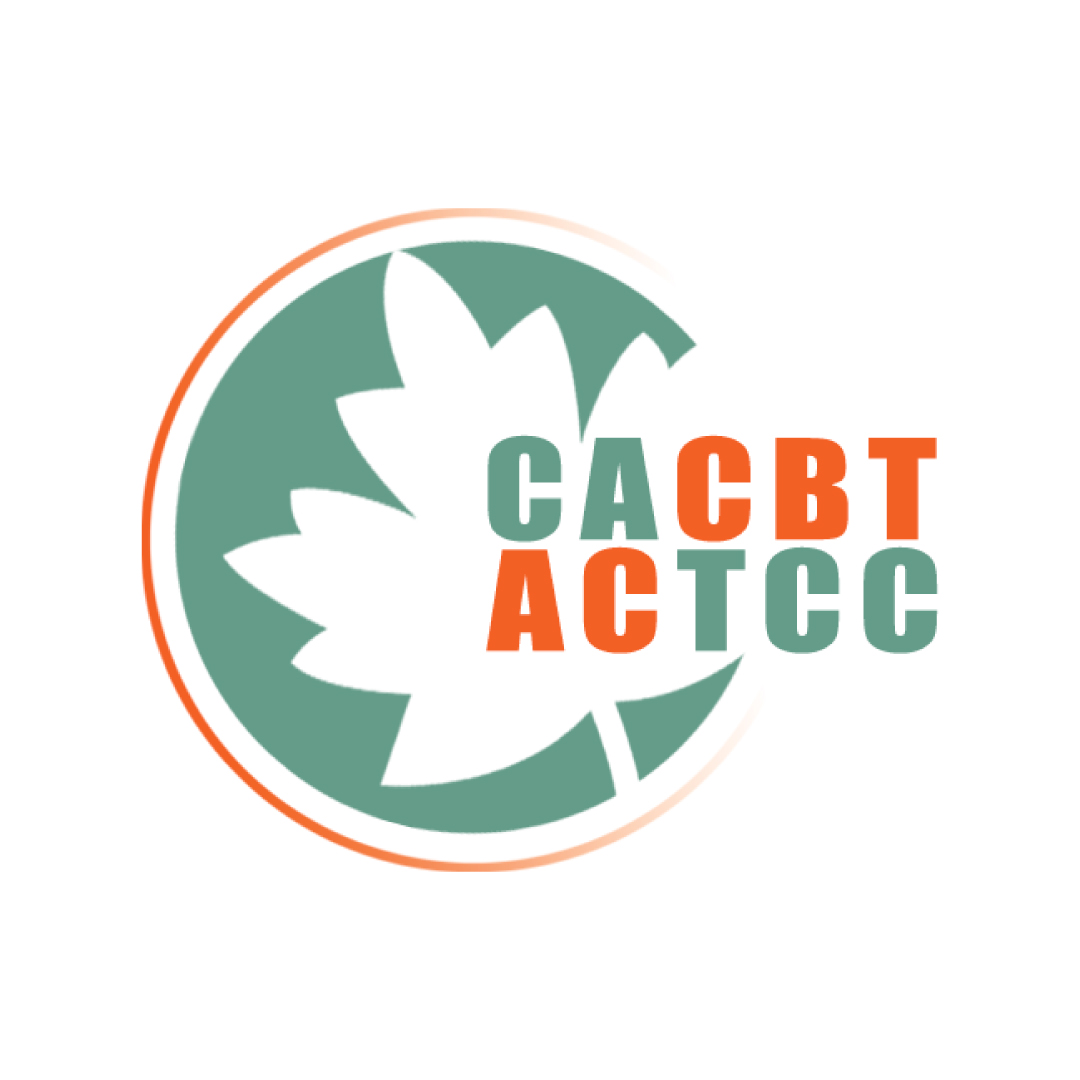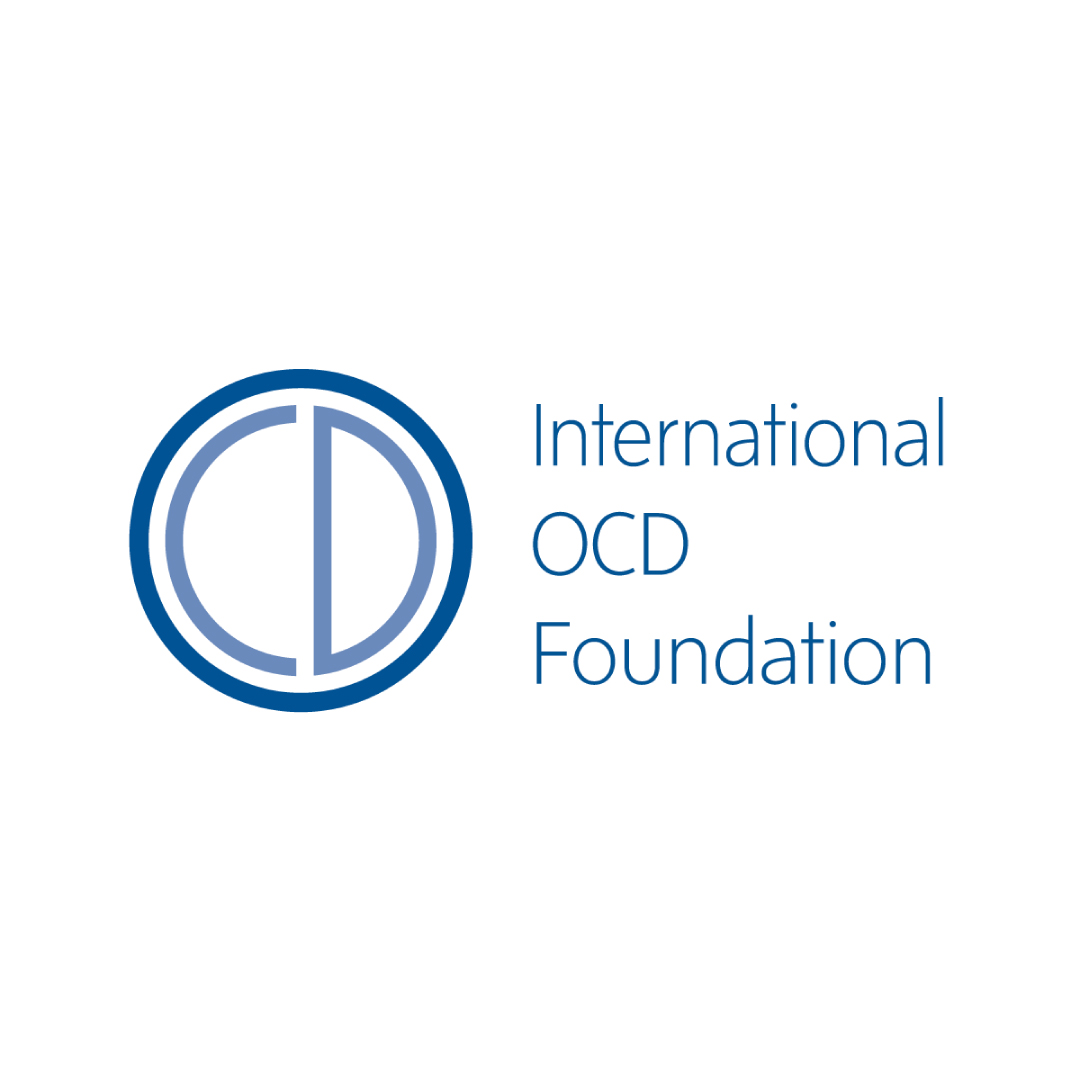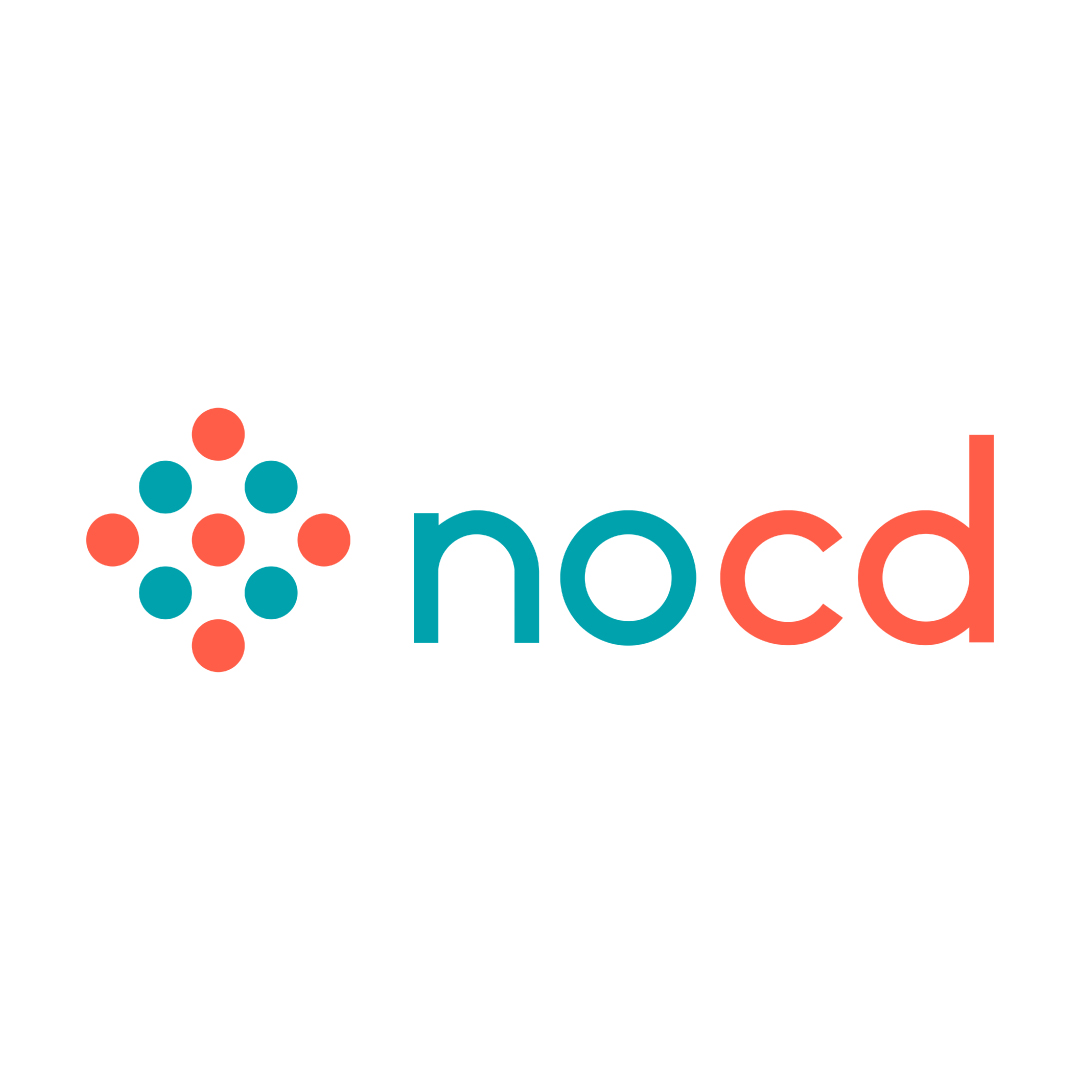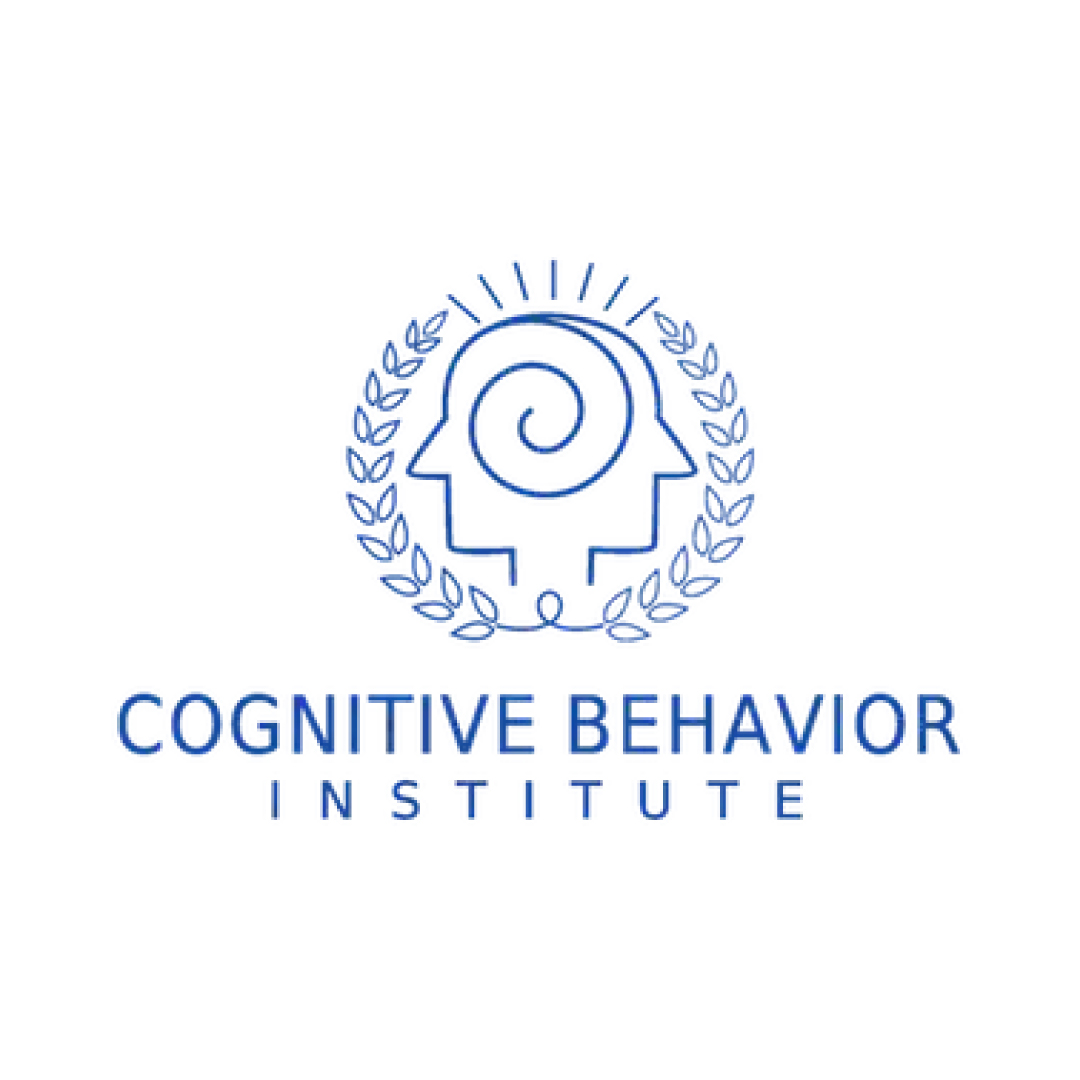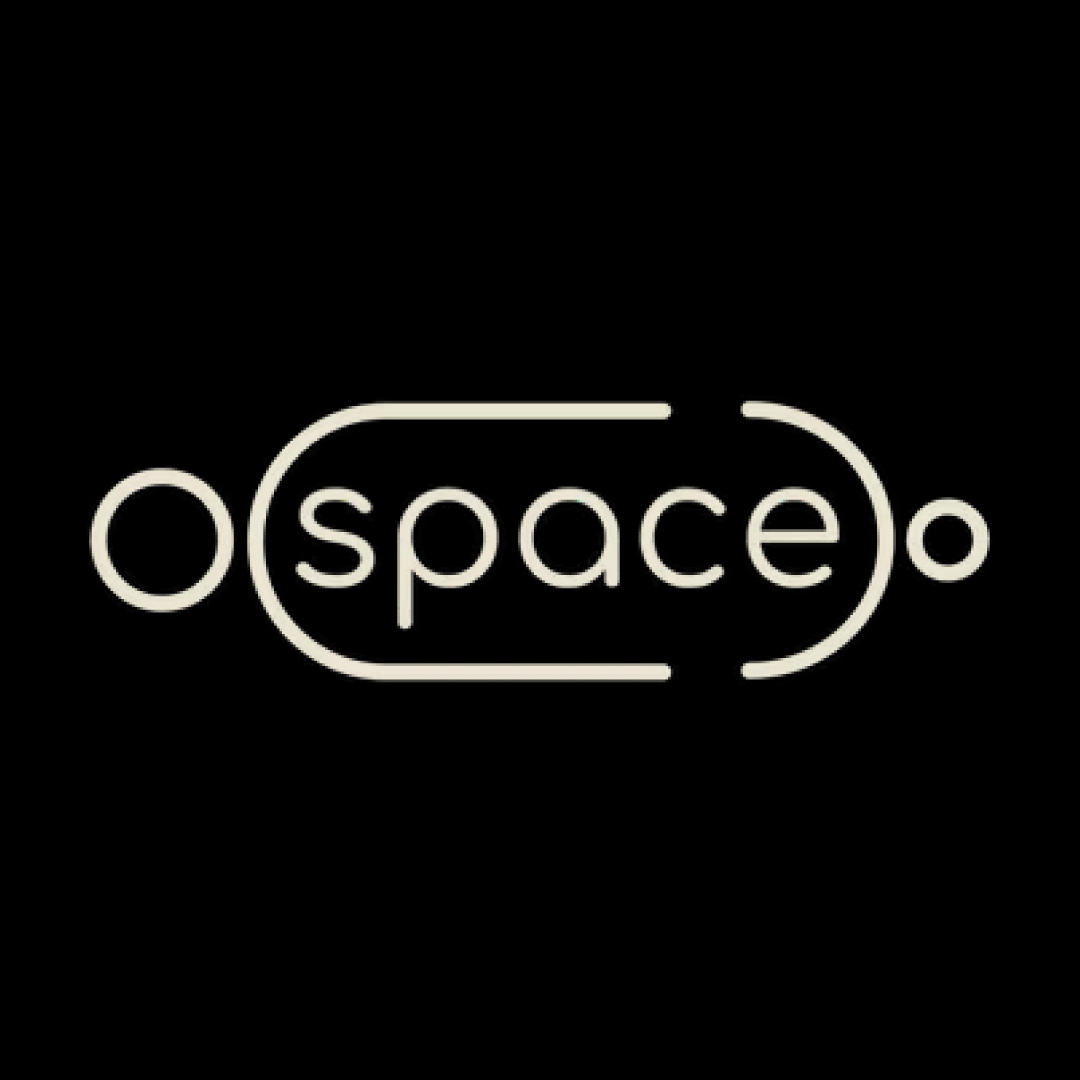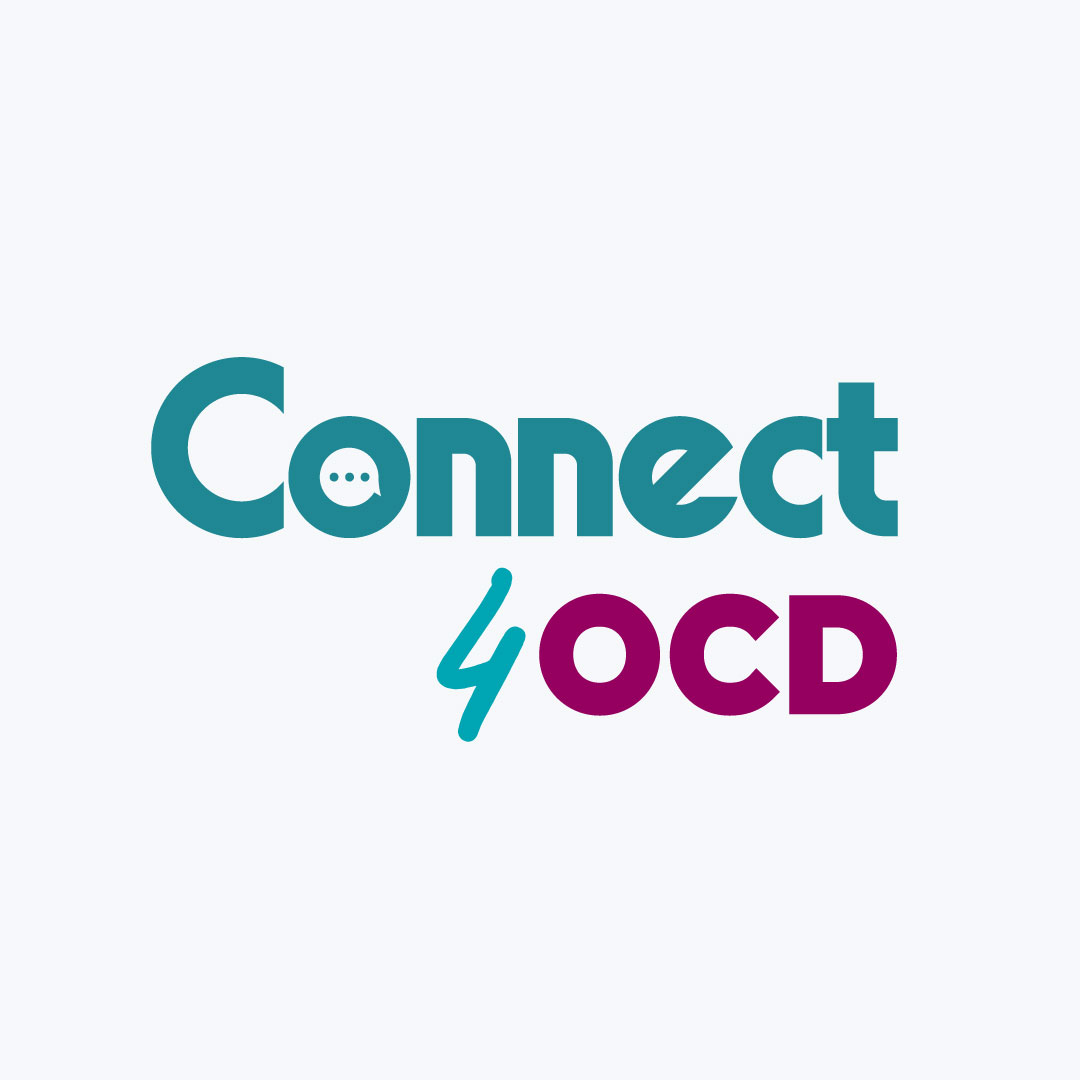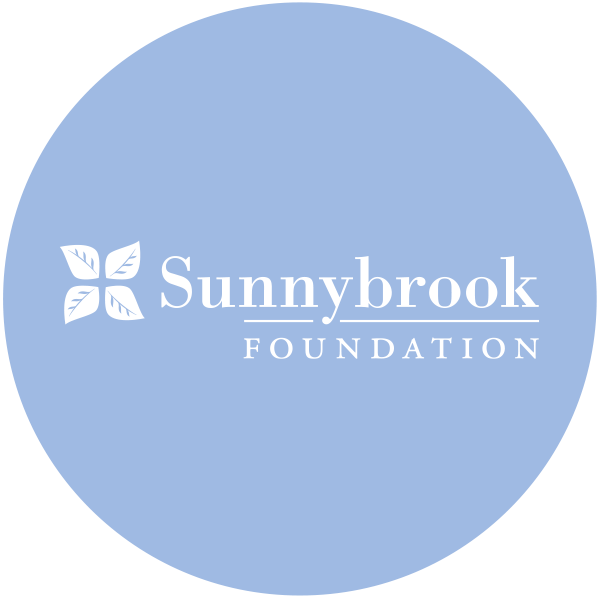
Finding Treatment
When it comes to treating OCD, working with a specialist is crucial for effective and long-lasting relief. For those with OCD, the challenge is finding qualified therapists who understand the disorder and can offer effective treatment.
Therapy & Treatment for OCD
Treating OCD is not easy or quick, and while some alternative practitioners might promise fast relief, their methods can be misleading and lack scientific support. The best approach is working with a therapist who specializes in Exposure and Response Prevention (ERP) therapy, a form of Cognitive Behavioural Therapy (CBT), which can be employed alone or in conjunction with medication.
Below is a list of common types of therapy, as well as treatment-resistant options, to help you better understand the range of evidence-based approaches available and find a path forward that aligns with your or your loved one’s needs.
For additional information on the different types of therapy and treatment options, please connect with us directly.

Common Therapy & Treatment Options
Exposure and Response Prevention Therapy (ERP)
Treating OCD is not easy or quick, and while some alternative practitioners might promise fast relief, their methods can be misleading and lack scientific support. The best approach is working with a therapist who specializes in Exposure and Response Prevention (ERP) therapy, a form of Cognitive Behavioural Therapy (CBT), which can be employed alone or in conjunction with medication.
At the beginning of therapy, a mental health professional will gather information about an individual’s obsessions and compulsions. The goal is to identify the specific thoughts and situations that trigger anxiety and the perceived need to perform compulsive behaviors.
During ERP sessions, individuals work with a trained therapist to desensitize their brains to these thoughts. They are gradually exposed to situations that provoke obsessions, allowing these thoughts to persist without acting on them.
Over time, ERP helps individuals manage compulsive behaviours more effectively. Through a process called “habituation”, the brain begins to separate anxiety from triggers and obsessions. Notable improvements may be seen after 12 – 16 weekly sessions, although some may experience faster progress. In some cases, medication may be recommended to support therapy and expedite progress, especially if therapy feels overwhelming or if improvements are slower than expected. A primary care physician can provide guidance on medication options or refer the individual to a psychiatrist.
Dialectical Behaviour Therapy (DBT)
Dialectical Behaviour Therapy (DBT) can be a valuable treatment option for individuals struggling with OCD. DBT focuses on enhancing emotional regulation and improving distress tolerance, skills that are crucial for managing the intense emotions often associated with OCD.
For some individuals, Exposure and Response Prevention (ERP) therapy may be too triggering or overwhelming initially. In such cases, DBT can be recommended as a preparatory step. By teaching clients how to effectively manage their emotions and tolerate distress, DBT helps build a strong foundation that can make ERP more manageable and effective when the time comes.
DBT equips individuals with practical skills, such as mindfulness, interpersonal effectiveness, and emotional regulation strategies, which can significantly reduce anxiety and improve overall resilience. This approach not only addresses the symptoms of OCD but also fosters a greater sense of well-being, paving the way for more effective engagement in ERP therapy when the individual is ready.
Acceptance and Commitment Therapy (ACT)
Acceptance and Commitment Therapy (ACT), another helpful option for managing OCD, is an evidence-based psychotherapy that combines mindfulness and acceptance strategies to help individuals improve their relationship with thoughts and emotions, stay focused on the present moment, and commit to actions aligned with their values. While this form of therapy has been found to be successful for those affected by OCD through various studies, ACT focuses on the present and may not fully address the needs of individuals with deep-rooted trauma, as it emphasizes current actions rather than past experiences.
Inference-based Cognitive Behavioural Therapy (I-CBT)
Inference-based Cognitive Behavioural Therapy (I-CBT) for OCD is an effective treatment option, especially for individuals who find Exposure and Response Prevention (ERP) too difficult or overwhelming. While ERP is a well-established approach, some may struggle with the intense exposure exercises involved.
I-CBT addresses the intrusive thoughts typical of OCD by helping you manage the distress caused by hypothetical scenarios and imagined dangers. During an I-CBT session, a trained therapist guides you in distinguishing obsessive thoughts from reality, helping you challenge and reframe these thoughts. This process can be more manageable and less distressing than traditional ERP, making it a valuable alternative for those seeking effective symptom relief.
Many patients find I-CBT to be a flexible and accessible way to reduce OCD symptoms and regain confidence in their perceptions.
Transcranial Magnetic Stimulation (TMS)
Transcranial magnetic stimulation (TMS) is a non-invasive technique that uses magnetic pulses to target brain areas linked to OCD symptoms. It’s also approved to treat conditions like depression and anxiety.
Roughly 70% of people with OCD benefit from exposure and response prevention therapy, medication, or both—treatments supported by decades of research.
For those who don’t respond well to traditional methods, TMS has emerged over the past decade as a promising, research-backed alternative. Since it doesn’t require surgery and is now widely available in clinics across the U.S., many people with OCD are exploring whether it may be right for them.
Ketamine Infusion Therapy
Ketamine’s effects on OCD and other mental health conditions are still being explored, but current research suggests it works by increasing glutamate activity in the brain, which can influence mood and emotional regulation. This process may lead to rapid improvements in mood—sometimes within minutes—though multiple treatments are often needed for lasting results.
Classified as a dissociative anesthetic, ketamine can create a sense of detachment from one’s surroundings or pain. While it’s sometimes associated with psychedelics, it works differently by primarily affecting dopamine and glutamate systems rather than serotonin receptors. Although ketamine is not FDA-approved for OCD, some clinicians use it off-label (meaning treatment protocols can vary widely and are not yet standardized).
Ketamine Treatment Canada specializes in this type of OCD treatment.
SPACE Treatment
SPACE (Supportive Parenting for Anxious Childhood Emotions) is an innovative treatment approach designed to help parents support their children dealing with anxiety and OCD. This evidence-based program focuses on reducing children’s anxiety by changing parenting behaviors and enhancing communication. SPACE empowers parents to play an active role in their child’s treatment, fostering healthier coping strategies and emotional resilience. Listed you can find a SPACE provider who has been trained and certified in this treatment approach. Its founder Eli Lebowitz has written a book for parents “Breaking Free of Child Anxiety and OCD”. You will also find other resources from research articles to videos.
Medication
Medication can be an important part of OCD treatment, especially when combined with evidence-based therapies like CBT and ERP. While not right for everyone, it often helps reduce symptoms and makes therapy more effective. Delaying medication due to fear of side effects can prevent meaningful progress—many individuals report wishing they had started sooner.
Accurate diagnosis is key, as OCD is sometimes mistaken for anxiety, ADHD, or autism. It’s also common for OCD to occur alongside other conditions like depression or anxiety disorders. SSRIs such as fluoxetine, sertraline, and fluvoxamine are the most commonly prescribed medications, supported by strong clinical research.
By reducing stigma around medication, we hope to empower individuals to seek the care they need. Medication is a standard, evidence-based option that can open the door to real relief. If you’re unsure, resources like the IOCDF and our community are here to help guide you.
Intensive Therapy & Treatment Options
These services are intended for those who have not responded to more extensive treatment and who have very severe and impairing illness.
Deep Brain Stimulation (DBS)
While most individuals with OCD benefit from therapy and medication, a small group does not respond to standard treatments. For these treatment-resistant cases, one emerging option is deep brain stimulation (DBS).
Originally developed for conditions like Parkinson’s disease, DBS involves implanting electrodes into specific areas of the brain. These electrodes are connected to a pulse generator, placed under the skin near the collarbone, which delivers controlled electrical impulses. This setup, similar to a cardiac pacemaker, allows physicians to adjust brain stimulation noninvasively.
Although DBS has shown promise in easing severe OCD symptoms, it remains an experimental treatment. It is recommended only after all evidence-based therapies have been exhausted.
Focused Ultrasound (FUS)
Focused ultrasound (FUS) is an innovative, noninvasive treatment approach that aims to enhance quality of life and reduce care costs for individuals with obsessive-compulsive disorder (OCD). This technique uses highly targeted ultrasonic waves to reach specific areas deep within the brain, minimizing harm to nearby healthy tissue.
In a North American study, Sunnybrook researchers examined MRI-guided focused ultrasound as a non-invasive treatment for individuals with treatment-resistant OCD and major depressive disorder. This Phase I trial evaluated the safety and potential effectiveness of FUS in targeting the anterior limb of the internal capsule (ALIC), a brain region linked to emotional regulation and anxiety.
The treatment is shown to be safe, with no negative effects on cognitive function. While results vary, especially between OCD and depression, researchers see promise in FUS as a future option for patients unresponsive to conventional therapies. Individual brain structure and targeting precision may influence outcomes.
Residential Program at Sunnybrook
This Residential Program, hosted at Sunnybrook’s Frederick W. Thompson Anxiety Disorders Centre, is grounded in the gold standard for OCD, Cognitive Behavioural Therapy (CBT). The Thompson Centre offers specific expertise in the treatment of OCD and related “spectrum” disorders, including hoarding, hair pulling (trichotillomania), skin picking and body dysmorphic disorders for anyone over the age of 18.
Residents receive this treatment within a group setting, as well as with individual therapists. The program model includes many types of treatment that will support the delivery of CBT, such as acceptance and commitment therapy, mindfulness techniques, and emotion regulation strategies. Individuals accepted into this program will be living at the Bellwood Health Services facility, which is an independent living environment located in Toronto, Ontario.
Day Treatment Program at Sunnybrook
Individuals admitted in Sunnybrook’s Day Treatment Program, conducted by Frederick W. Thompson Anxiety Disorders Centre, will be receiving treatment at Bellwood Health Services, located in Toronto, Ontario. The Thompson Centre offers specific expertise in the treatment of OCD and related “spectrum” disorders, including hoarding, hair pulling (trichotillomania), skin picking and body dysmorphic disorders for anyone over the age of 18.
Participants will receive individual and group programming alongside residential clients but will return home at the end of each day. The program is intended as a transition from residential treatment towards full discharge, although in some cases may be considered a program option for individuals whose OCD symptoms will not interfere with their attendance in the day program.

Finding a Qualified Professional
Locating a qualified mental health professional for OCD treatment can be overwhelming due to the variety of available providers. It’s essential to work with someone who has extensive training in OCD and supervision.
The following are types of mental health professionals that can help with OCD in Canada:
- Psychotherapists
- Social Workers
- Psychologists
- Psychiatrists
Tips & Questions to Ask
Choosing the right OCD specialist matters. Use these key tips and questions to help you find a provider with the right experience, approach, and understanding to support your journey.
Verify Credentials
Inquire about their qualifications and specialized training in OCD treatment. A qualified specialist will be eager to share details about their training and expertise.
Experience
Inquire how many clients with OCD they have treated and their success rates.
Scheduling a Consultation
When scheduling a consultation or initial appointment, it’s important to ask whether the professionals you choose are specifically trained in ERP and have experience with clients who have OCD. Professionals who are genuinely trained in OCD tend to be passionate advocates for the condition and are eager to share their credentials. If a provider is hesitant to discuss their qualifications or expertise, consider this a red flag. Additionally, use your introductory session to inquire about their approach and how they incorporate ERP into their treatment plans.
Therapeutic Approach
Discuss whether they incorporate ERP, ACT, or other evidence-based methods in their practice.
Supervision
Confirm if they have received supervision and are still doing ongoing training consultations.
Family Involvement
Parents/guardians, caretaker and other family members are an important part of a person’s OCD treatment, and should be involved in many ways.
Cultural Aspects
Therapist should be able to give you examples of how they will take cultural mindful approach to provide services to you and your family.
The Importance of Family Support
Family support can significantly enhance the effectiveness of treatment for OCD. A supportive family can provide emotional stability, helping individuals feel understood and less isolated. This emotional backing can alleviate feelings of shame and stigma associated with OCD. Moreover, family members can encourage individuals to seek professional help and adhere to treatment plans, motivating them to attend therapy sessions regularly.
Educating family members about OCD fosters patience and empathy, enabling them to respond to OCD-related behaviors in a supportive manner. Involving family members in therapy sessions can also be beneficial, as therapists can guide them on how to effectively support their loved one. Additionally, families can practice coping strategies together, creating a safe environment for exposure tasks and reinforcing the learning from therapy.

Helpful Databases
Helpful databases to help you find an available mental health professional:
Certified Therapist Database by CACBT
The Certified Therapist Database is a resource for connecting clinicians who have obtained CACBT certification. The Canadian Association for Cognitive and Behavioural Therapies (CACBT) is a national organization developed by Canadian mental health practitioners.
IOCDF Resource Directory
The International OCD Foundation (IOCDF) is your most trusted resource for OCD. Utilize their database to find an OCD therapist, clinic, or support group. Provider listings are self-reported and licensure and BTTI completion are verified by the IOCDF.
Specialized OCD Therapist Directory by NOCD
NOCD connects individuals with licensed OCD therapists (trained in exposure and response prevention therapy [ERP]), offering expert guidance and accessible support, including therapy services in Canada. Browse their database to find a specialized OCD Therapist for adults and children.
Professional Directory at CBI
Cognitive Behavior Institute (CBI) Center for Education’s mission is to advance clinical efficacy by empowering mental health professionals with education, consultation, and research. Find top psychologists & certified professionals in Canada and the USA utilizing their professional database.
SPACE Treatment Providers
Supportive Parenting for Anxious Childhood Emotions (SPACE) is an innovative treatment approach designed to help parents support their children dealing with anxiety and OCD. Explore their database for a list of providers who have participated in SPACE training.
Connect 4 OCD
While global resources exist, there remains a significant gap in Canada for empathetic, community-driven approaches to OCD support. Connect with us directly for further assistance with finding a provider, therapist, psychologist, or any other questions.
Support Groups
SUPPORT GROUPS / FORUMS & ONLINE COMMUNITIES
Connection is at the heart of healing. Our community hub is here to help you find support, share experiences, and feel less alone on your OCD journey. Whether you’re looking for peer connection, events, or ways to get involved, this is your space to engage, learn, and grow together.
You’re Not Alone
While the journey can be daunting, you have support.
Together, we can navigate OCD and empower each other along the way.
Trusted Canadian Clinics
Below are trusted clinics across Canada that specialize in OCD treatment. Depending on the clinic/foundation, some may offer interprovincial services. For additional assistance finding a provider, please connect with us directly.
International OCD FOUNDATION
Leading authority on OCD, offering expert-backed resources and a directory of trained providers—some with interprovincial services.
Canadian Institute for OCD
Canadian resource with a public list of OCD-informed providers across the country. Visit their site to explore care options.
FORWARD THINKING PSYCHOLOGICAL SERVICES
Therapy for youth, teens, adults, couples, parents, and families.
Behavioural Wellness Clinic
Effective, cutting-edge, scientifically supported mental health treatments.
OCD NORTH
National Experts in OCD Treatment Therapy
VANCOUVER CBT CENTRE
Excellence In Evidence-Based Care
Sunnybrook's Frederick W. Thompson Anxiety Disorders Centre
Canada’s only centre dedicated to OCD research, education, and treatment. Offers an intensive "Residential Treatment Program" for Adults (18+).
THE CANADIAN TREATMENT CENTER FOR OCD
Specialized services for OCD and related disorders.
Mathison Centre for Mental Health Research & Education
Dedicated to advancing research and education of mental illness.
RESOLVVE MENTAL HEALTH
OCD-Focused, ERP-Centered Clinic, Offering Low-Cost, High-Quality Psychotherapy
HeadQuarters Mental Health
Supporting adults, teens, and families of children struggling with OCD.
True North Psychotherapy
Evidence-based individual & group therapies + family support & coaching.
NEW HEIGHTS OCD & ANXIETY
Specializing in the treatment of Obsessive Compulsive Disorder.
NOVA MENTAL HEALTH
Dr. Gabriela Ionita, Registered Psychologist
NORTH SHORE STRESS & ANXIETY CLINIC
Effective help for adults, parents, teens, children, couples, and families.
Additional Intensive Treatment Options
This section highlights additional intensive treatment providers outside of Canada. Several of these programs have accepted Canadian patients under 18 through out-of-country medical support. While Sunnybrook remains the only residential and intensive program for adults (18+) in Canada, long waitlists may make international options worth exploring. Every province handles funding differently. Contact us for more information. (The OCD Center of Los Angeles is currently seeing a growing number of Canadian patients.)
Rogers Behavioral Health
One of the largest behavioral healthcare systems in the US.
MASS GENERAL BRIGHAM MCLEAN HOSPITAL
Compassionate OCD care for children and adults.
SHEPPARD PRATT
Largest private, nonprofit mental health system in the nation (US).
OCD Institute of Texas
Provides compassionate individualized treatment for OCD.
Mass General Brigham McLean OCD Institute Jr.
A leader in OCD treatment and research, offering intensive residential care for youth (ages 12–18) with OCD and anxiety disorders. Typical stays are around 2 months. Primarily uses ERP & ACT. Covered by most insurance; self-pay available.
OCD SoCal
Aiming to increase awareness and improve access to treatment of OCD.
OCD Center of Los Angeles
Specializing in the treatment of OCD and related anxiety-based conditions.
Stay Connected
Join us on Instagram and Facebook to stay informed and inspired! Follow for the latest updates, helpful resources, and uplifting stories as we work together to raise awareness and support for those navigating OCD.
